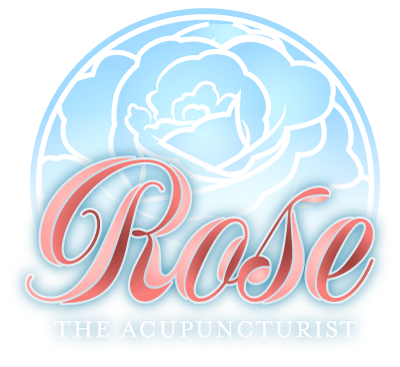Stress is a necessary and normal part of life that helps us get things done and alerts us to negative situations so we may manage them with greater ease or get out of the way. Stress is critical to our evolution as human beings and has led to great human advancements and more fulfilling lives.
But as much as stress is a normal part of life we are at a turning point in human adaptation to stress. The evolving technology has both made our lives easier and harder. Our brain is not designed to always be on. The brain and body need periods of relaxation and rest. When we are constantly ‘on’ it potentially leads to many physiological challenges with our cardiovascular system, our immunity, pain management, depression, anxiety, and digestion…. just to name a few!
The evolving study of the brain has helped us understand how our brains and bodies handle stress and adapt to it in both positive and negative ways. The stress prone brain tends to have a very reactive amygdala (fight or flight response). The amygdala will send messages to the prefrontal cortex of the brain (helps with impulse control and emotional reactivity) that the stress is SERIOUS. The brain then begins to send all sorts of stress signals that involve our adrenals, heart and digestion going into disarray. We now know that we can train our amygdala response with stress management techniques to pause at the cortex and access is this a real threat? And if it is not a threat the body goes back to a relaxed state without the negative feedback system kicking in.
Acupuncture is well known for its stress relieving effects. Treatments causes a release of endorphins that calms the mind, decreases pain and creates an overall sense of well-being. It is known to decrease cortisol (stress hormone), stimulate a parasympathetic response (relaxation response) and it activates neuropeptides that help in pain management and relaxation. Acupuncture treatments build on each other and with regular care (twice a month) they make a huge difference in our sense of well-being and decrease in pain. Due to its repeated calming effects the stress response gets less reactive with time and the brain can rewire itself to adapt and relax properly to stressful situations. When we combine mindfulness (breathing techniques, meditation, positive cognitive self-talk etc.) in our daily lives with regular acupuncture it’s a pathway to true stress management and positive adaptation.


